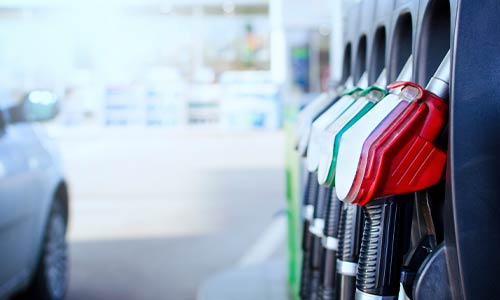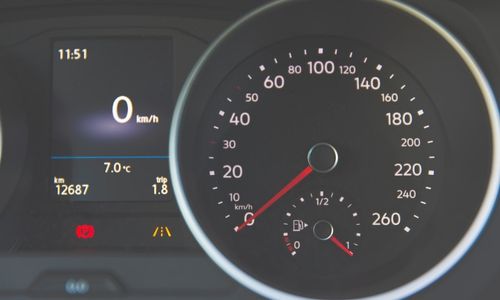
Car heater & air conditioning – Do they use fuel?
Last updated February 03, 2023
Air-conditioning and car heaters are useful features found in most modern cars that can make getting around in extreme weather easier and more comfortable.
Your air-conditioning can help to clear your windscreen on a frosty morning – or keep you cool on a hot summer’s day. Working in conjunction with the heater, your air-conditioning can also help to keep you warm whilst driving in colder conditions.
Unfortunately, all this comfort and convenience comes at a price. Using your air-conditioning and heater will increase your car’s fuel consumption and emissions levels. With fuel prices remaining fairly high, many drivers are understandably keen to cut their fuel spend however they can.
So, how much could you save by cutting back on your air-conditioning and heater usage?
In this guide, we’ll cover how much your car’s heater and air-conditioning systems can contribute to its fuel consumption. We’ll also share some tips for managing your car’s comfort and visibility without relying on these features.
Value your car in under 30 seconds
Does your car heater affect fuel consumption?
Yes, but only by a very small amount. Your car’s heating system uses energy that has already been generated by the engine, simply extracting the warm air that is produced and redirecting it into the cabin of the vehicle. Therefore, the heating system only consumes a negligible amount of fuel.
Does turning the car heater off save fuel?
As the amount of fuel used by switching on your car heater is so small, there’s really no reason to avoid using it to save fuel. In fact, the amount of fuel used by a car heater is so negligible that even drivers using theirs on a daily basis are unlikely to see any noticeable increase in fuel consumption.
Does your air-conditioning affect fuel consumption?
Unfortunately, air conditioning does increase fuel consumption – and by a more significant amount than a car heater.
Air-conditioning works by using a compressor connected to the belt of your car’s engine. This compressor uses energy and, in turn, fuel. So, how much fuel does a typical air-conditioning system consume?
By switching on your air-conditioner, you’ll typically consume an extra 0.2-1 litres of fuel for each 100km driven. Bear in mind that the amount of fuel used will vary depending on the level of intensity that your air-conditioner was set to.
You should also have your air-conditioning system serviced every two years to ensure that it is running efficiently - and not consuming more fuel than it should.
Does turning the air-conditioner off save fuel?
Yes, turning your air-conditioner off can help to save fuel. It’s an easy way to save money most of the time.
What about when the summer heat is getting too much?
Don’t be so hasty to reach for the A/C dial. You’ll be pleased to learn that there’s a more fuel-efficient way to cool down. Simply opening your windows for a few minutes before you set off can help to keep your car at a comfortable temperature without wasting fuel.
This will also help to get rid of some of the excess heat and prevent your air-conditioning system from having to work harder to regulate the cabin temperature (if you decide to use it later).
What’s more fuel efficient – air conditioning or open windows?
Given how much harder the engine has to work when driving at high speeds with the windows open, you’d be forgiven for assuming that this is even less fuel efficient than switching on the air-conditioner.
On the contrary, most studies have found that driving with the windows open is more fuel efficient than reaching for the air-conditioner. Although open windows do put more pressure on the engine, this is still outweighed by the volume of fuel used by an air-conditioning system - even when it is running efficiently.
Other fuel saving tips
Being more mindful of your air-conditioner usage isn’t the only way to save fuel. Removing excess weight from your vehicle, using start-stop technology, monitoring tyre pressure - and having your car regularly serviced are just a few ways to save even more fuel.
For more fuel-saving inspiration, check out our guides on how to save fuel and hypermiling. You can also work out your weekly, monthly and annual fuel spend with our free fuel cost calculator.





